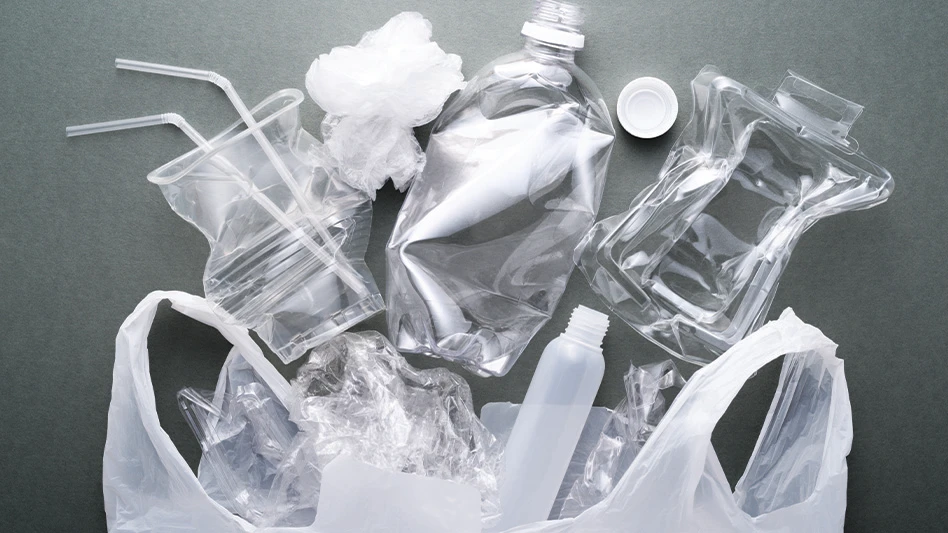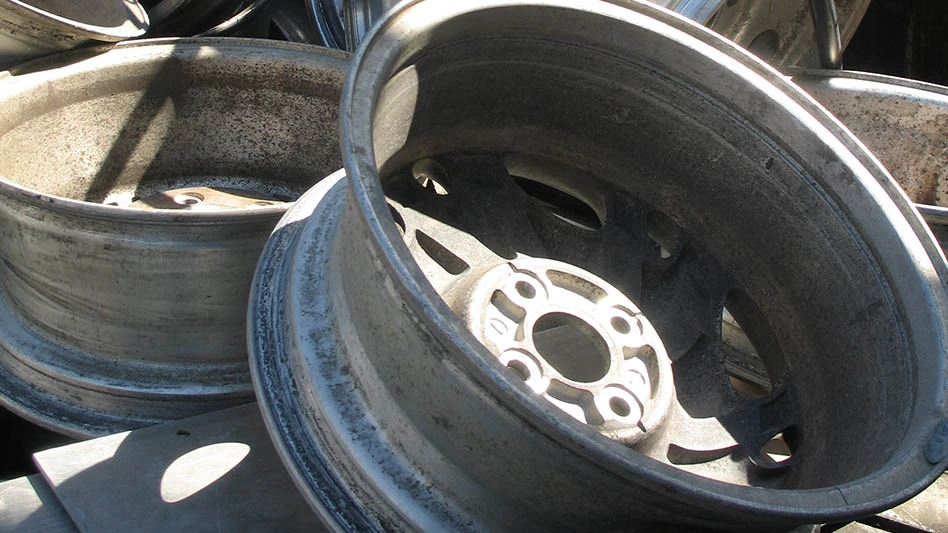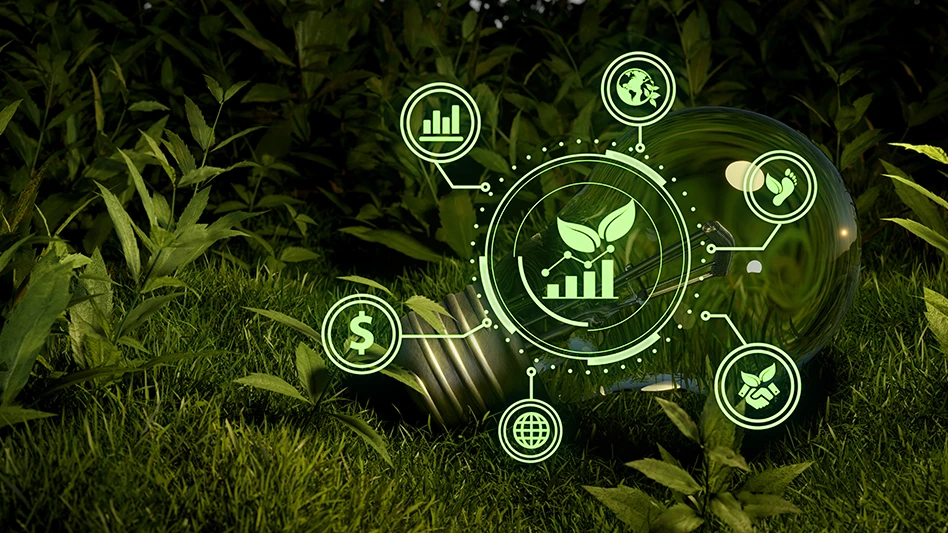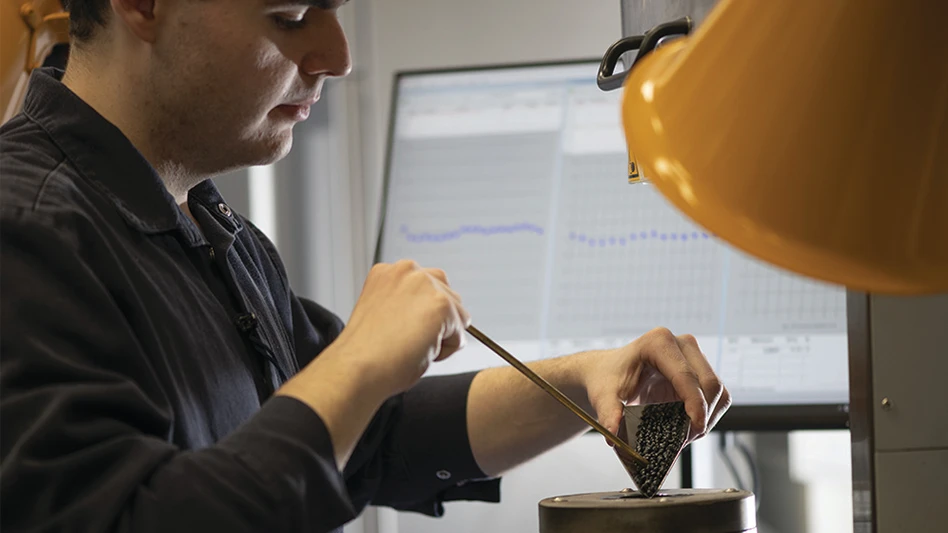
tadamichi | stock.adobe.com
The road to Busan was paved with good intentions, but the fifth Intergovernmental Negotiating Committee (INC) session for a United Nations (UN) Global Plastics Treaty (INC-5) ended without an agreement. While disappointing for the thousands who traveled to South Korea with hopes of a resolution, this outcome might actually be ideal given the circumstances. Let me explain.
We are amidst a plastic pollution crisis, and the urgency to act for people and the planet is undeniable. But tackling this crisis requires a delicate balance between local action and a global framework. Globally, an international treaty can evolve our linear economy to a more circular bioeconomy; locally, the hard work to reduce consumption and establish sustainable waste management systems happens within our communities.
RELATED: INC-5 concludes without global agreement on plastics treaty | Where do we go from here after failure to agree on plastics treaty?
Our time in Busan confirmed that the two-year fast track for a global plastics treaty was too aggressive—unsurprising when you look at other multilateral environmental agreements like the Rotterdam Convention, which focused on hazardous chemicals and took much longer, missing several deadlines.
A strong, impactful treaty is worth fighting for, even if it takes time. The nature of the plastics crisis is multifaceted and controversial, and although it may be easy to label INC-5 a failure, it’s more of a stepping stone. Rushing into a diluted, voluntary agreement—which is all that realistically could have been agreed to in Busan—would have been a worse outcome and not served us or future generations.
Properly framing the challenge and solution
The picture for what it’ll take to create a successful treaty is becoming clear. We’re taking the time to reframe the challenge to consider not just plastic pollution ending up in the environment, but to consider waste as a whole, starting with production and how items can be safer to use for both people and the planet.
Plastics are not the only things in our waste stream, nor are plastics the only thing causing environment and health concerns. Across the planet, food scraps claim the biggest share of our waste generated, with nonprofit ReFED estimating $495 billion of lost food each year in the United States alone. Most of that food ends up in landfills rather than reaching hungry stomachs or restoring soil through nutrient-rich compost. Worse yet, as food breaks down in landfills, it releases one of the more potent greenhouse gases: methane.
Creating international guidelines to replace traditional plastic food packaging with compostable alternatives could alleviate the impact of these problems simultaneously, diverting the materials together in a circular system.
When looking at the connection plastics have to food waste, we can create synergies between other UN agreements to make the efforts stronger. For example, the Convention to Combat Desertification considers the impact of compost’s impact on soil health and the Framework Convention on Climate Change looks at food waste as a major greenhouse gas contributor—not to mention many Sustainable Development Goals (SDGs) as well.
The possibilities of compostable products
The conversations at the international and enterprise level are beginning to connect the dots, but diverting waste to make the intended impact must happen at the community level across the globe.
At BPI, it’s our mission to champion a transition to the circular bioeconomy by advancing the systems that make composting possible. We work with hundreds of stakeholders across the U.S. and Canada, from the companies that create the packaging to the cities and municipalities, food scrap haulers, and composters that bring waste diversion to their communities—and ultimately prove that systems like this not only provide a path forward for plastics but support these sister UN efforts and prevent the consolidation and exportation of plastics to places where they are commonly leaked.
Regardless of whether the global plastics treaty provides guidelines to encourage all nonrecyclable food contact packaging to be reusable or compostable, countries can take bold action with their laws, including funding composting access for all households and businesses, showing what’s possible to achieve more resilient communities. Since compostable alternatives are readily available in many cases, this requirement would also solve the biggest challenge to successfully composting food scraps, which is the elimination of conventional plastic as a potential contaminant.
At INC-5, BPI co-hosted a side event titled “Biopolymers as a Viable Alternative Material” to discuss a variety of perspectives on the role compostable products can play, including talks from biopolymer producers, environmental NGOs and various governments. The event was endorsed by the U.S. Department of Agriculture, the Korean Ministry of Environment and cohosted by the BPI, Ocean Plastics Leadership Network, European bioplastics and 5 Gyres.
Looking ahead
The journey toward a global plastics treaty is far from over. But Busan served as a necessary stop along the way, furthering the conversation about the challenges and the opportunities that lie ahead.
It’s not just environmental groups that are vocal about wanting a robust and legally binding treaty. Brands also have spoken up through the Business Coalition for A Global Plastics Treaty, making it clear to the UN that they need harmonized rules if we are going to keep packaging out of landfills and the marine environment while making packaging safe for consumers. It’s invigorating to see a global movement aligning these disparate groups on a common cause.
With INC-5.2 on the horizon, we hope to continue to amplify the circular bioeconomy as a vital solution in these international discussions. The more we stress plastic’s interconnected role to holistic planet health and the other UN goals, the better chance we’ll have of landing an impactful agreement that governments, businesses, and individuals alike can be proud of.
Rhodes Yepsen is the executive director at the Biodegradable Products Institute (BPI), based in New York. To learn more, visit https://bpiworld.org.
Get curated news on YOUR industry.
Enter your email to receive our newsletters.
Latest from Recycling Today
- New recycling grant program launches in Massachusetts
- Tire Recycling Foundation names executive director
- Dock 7 named 2025 Exporter of the Year at New Jersey International Trade Awards
- Waste Connections reports ‘better than expected’ Q1 results
- Commentary: How EPR is transforming the packaging industry
- Acerinox names new North American Stainless CEO
- Greenwave closes 2024 books with red ink
- Steel Dynamics nets $217M on record shipments






